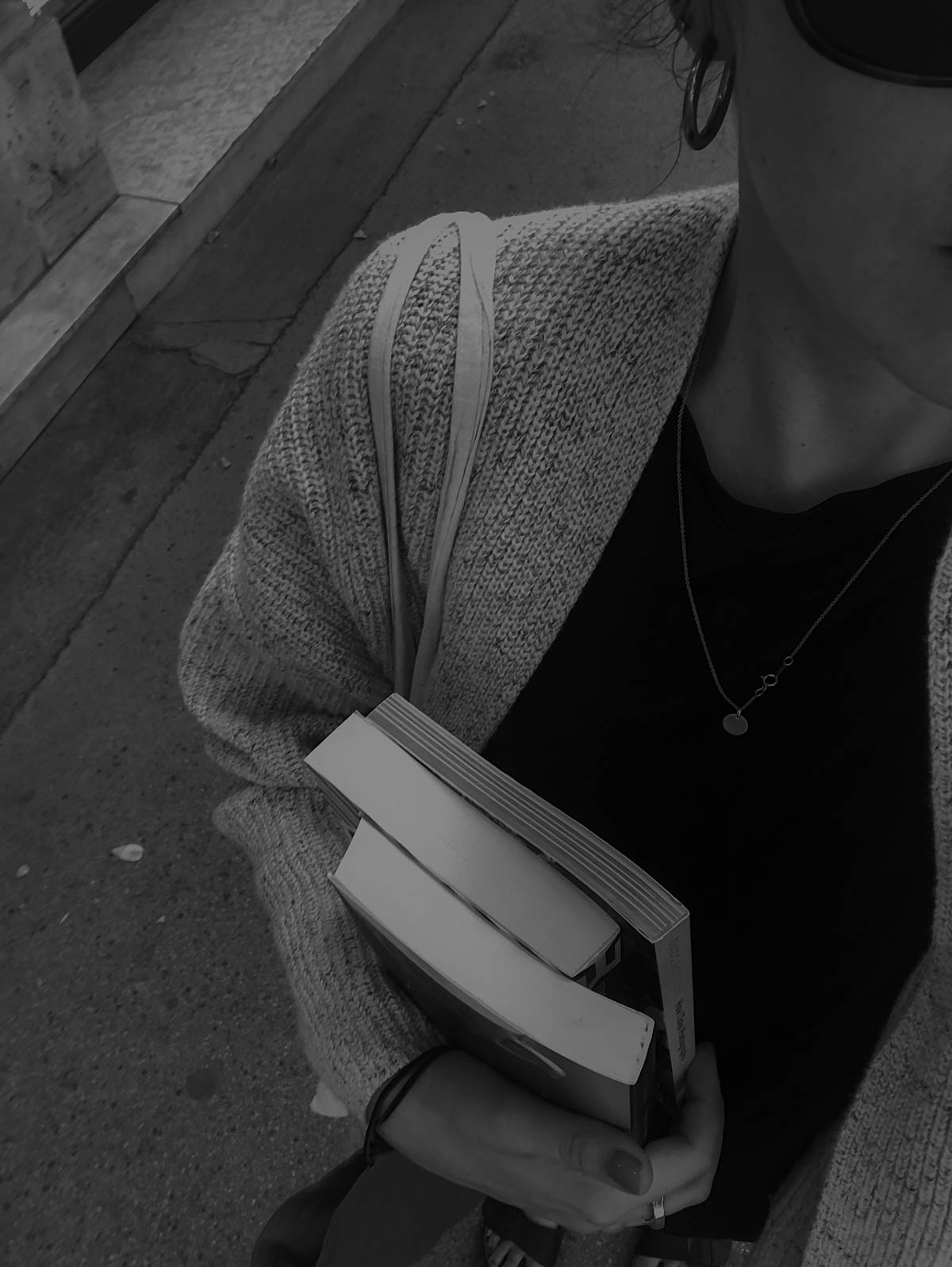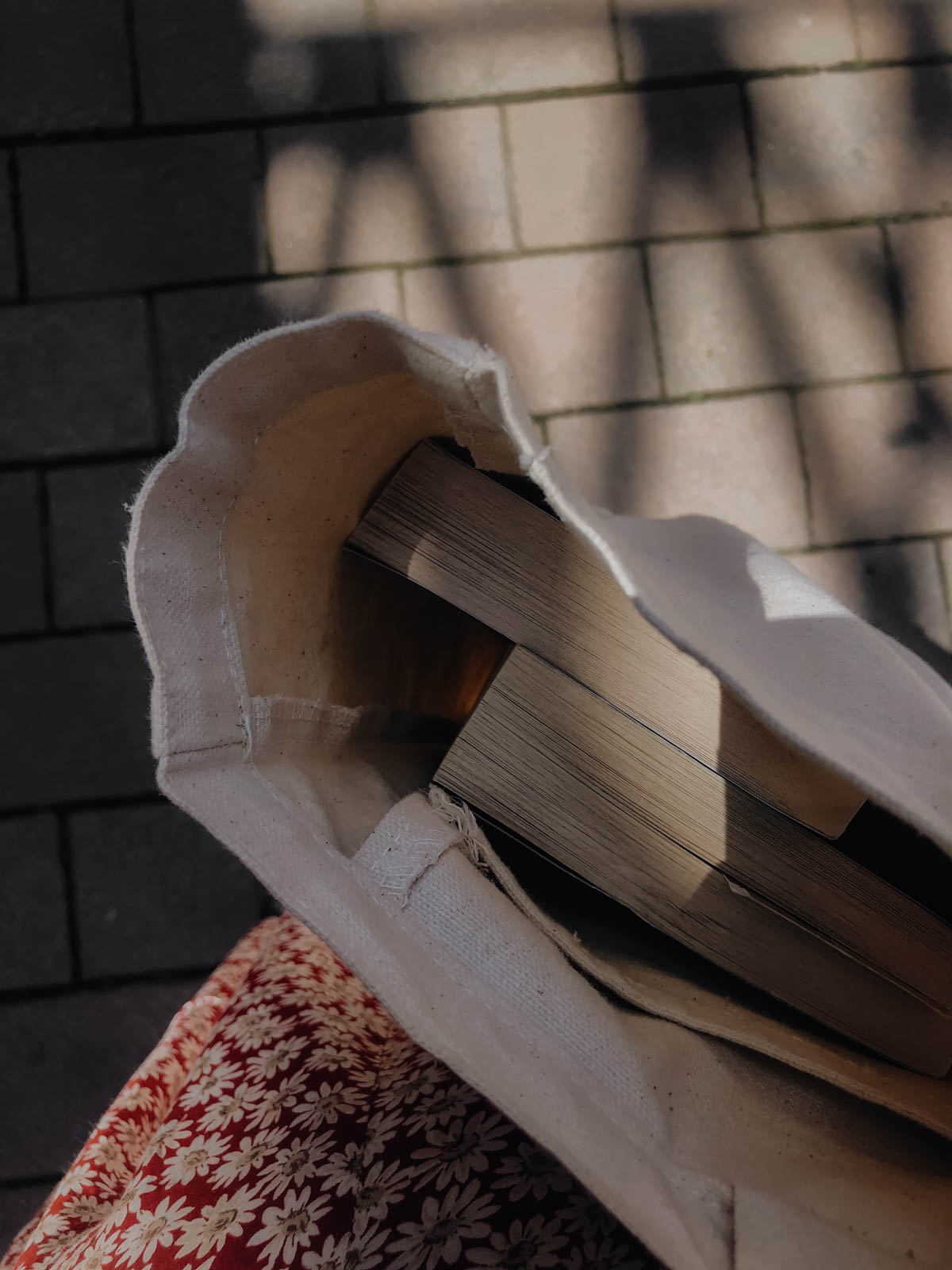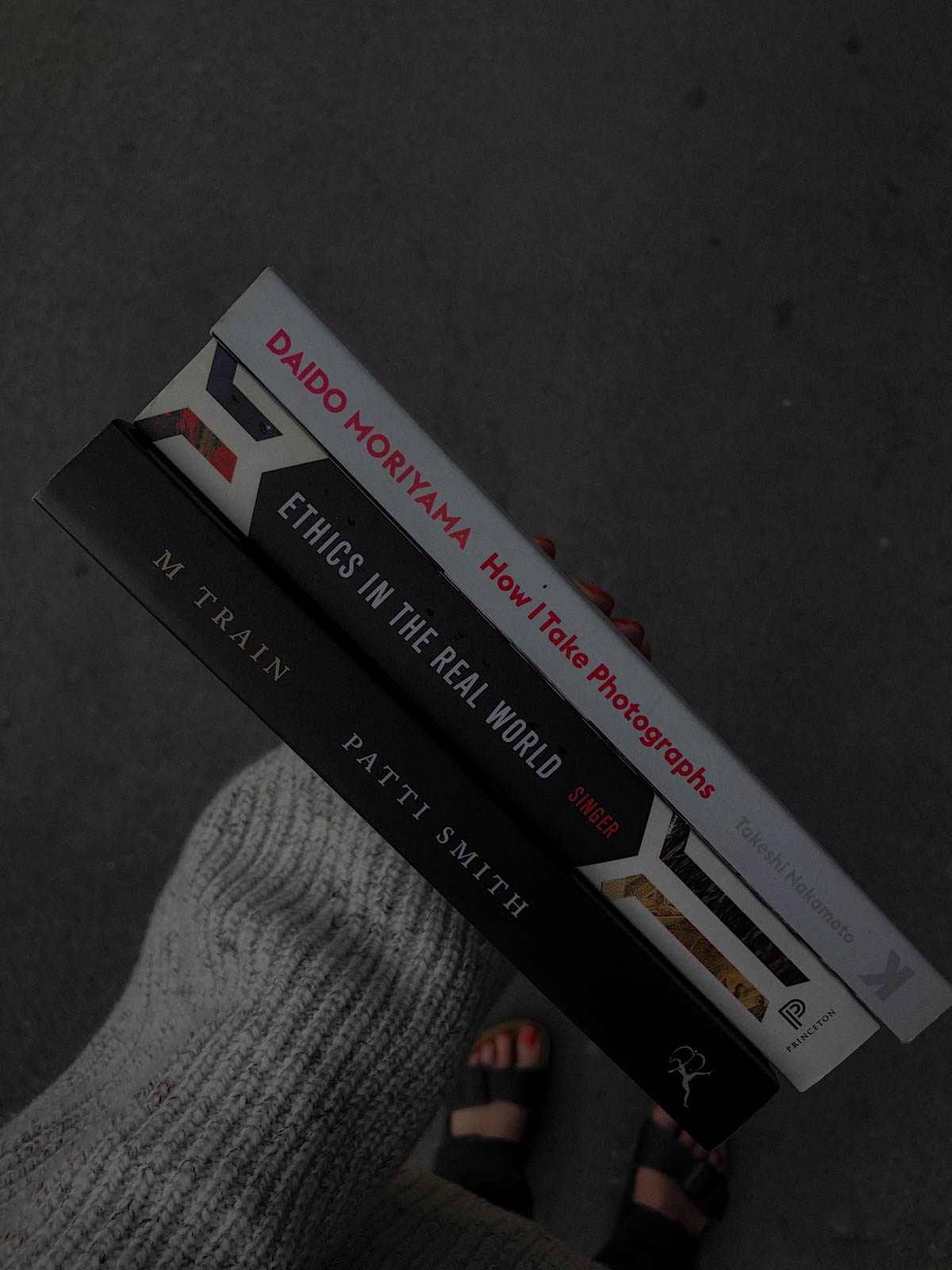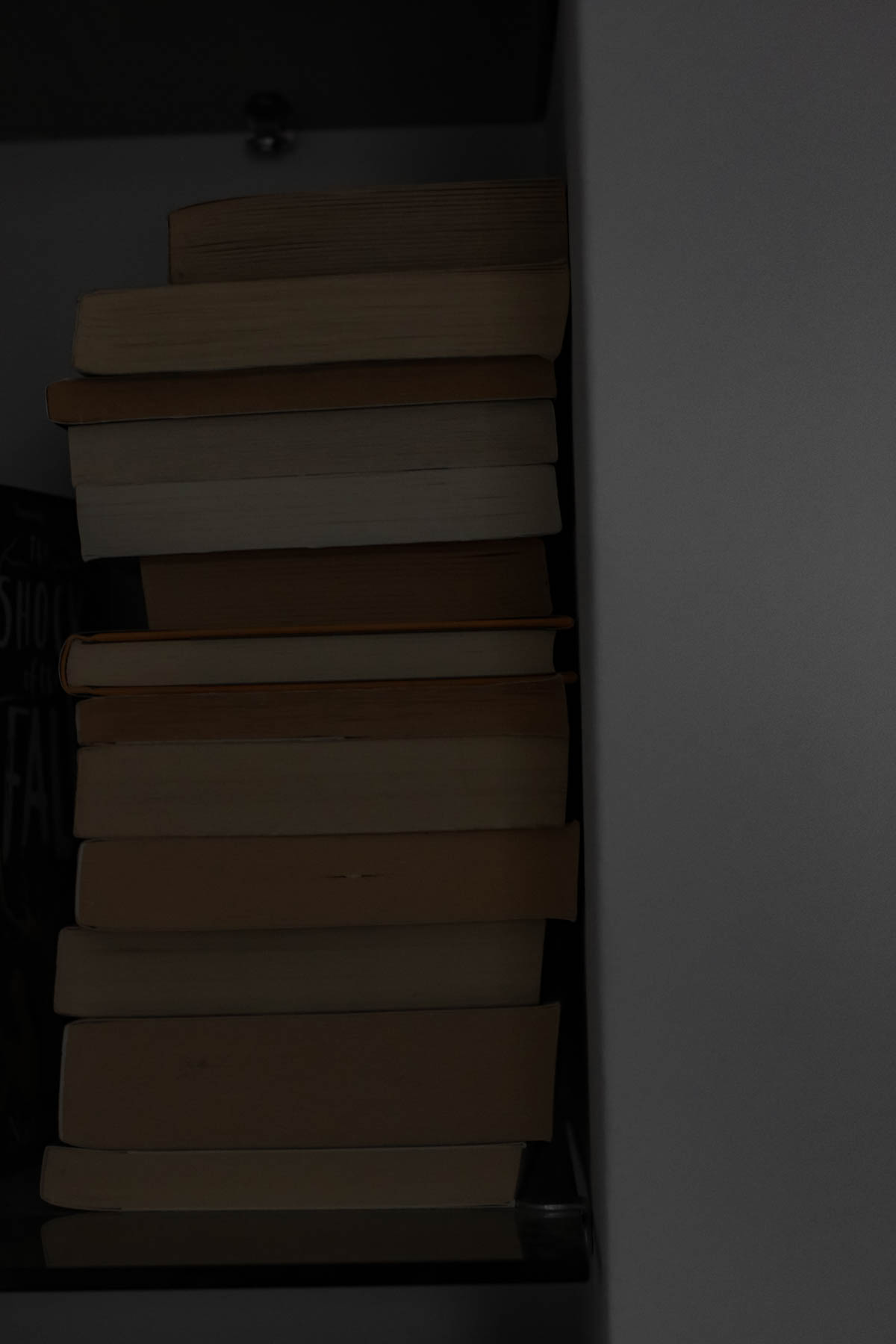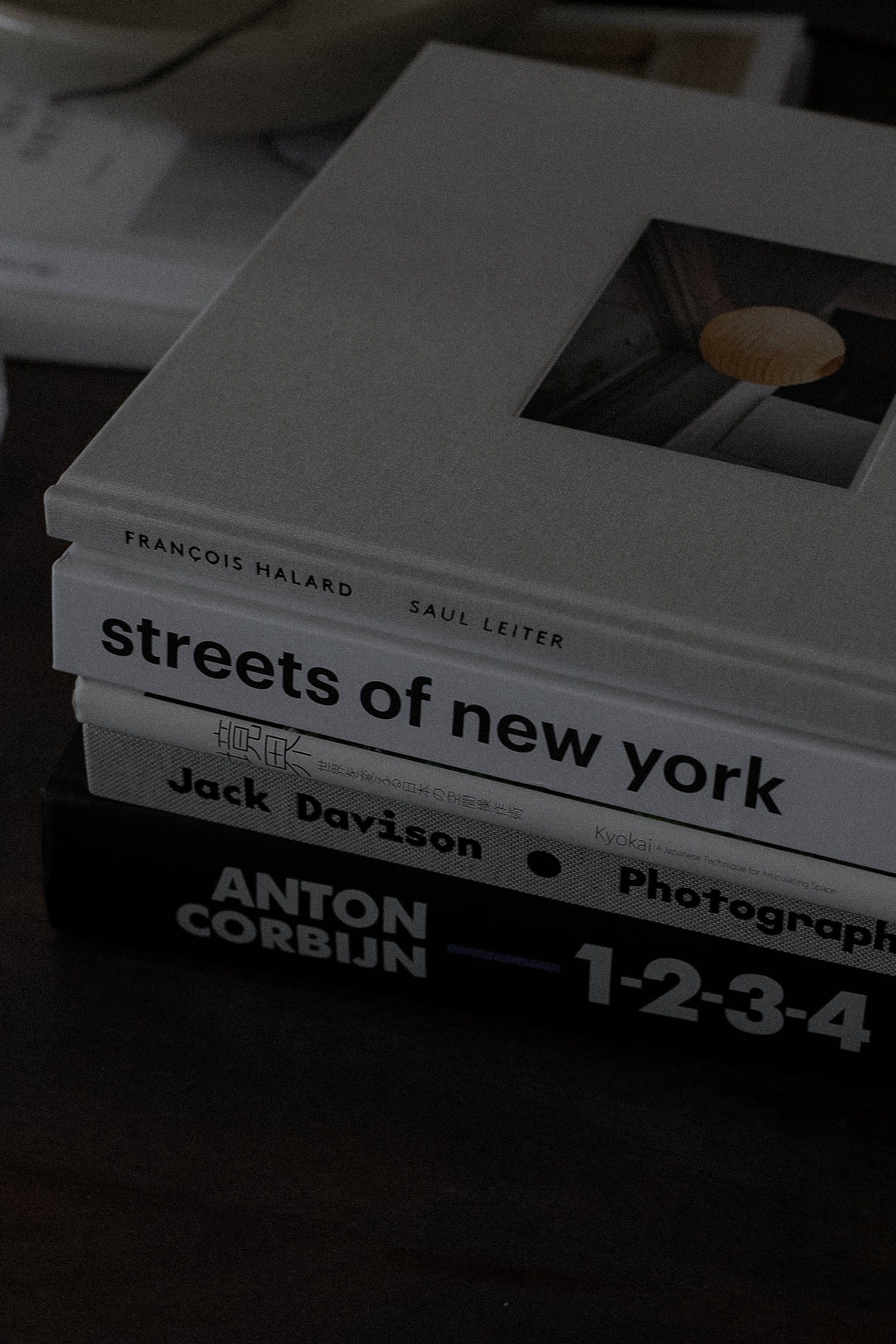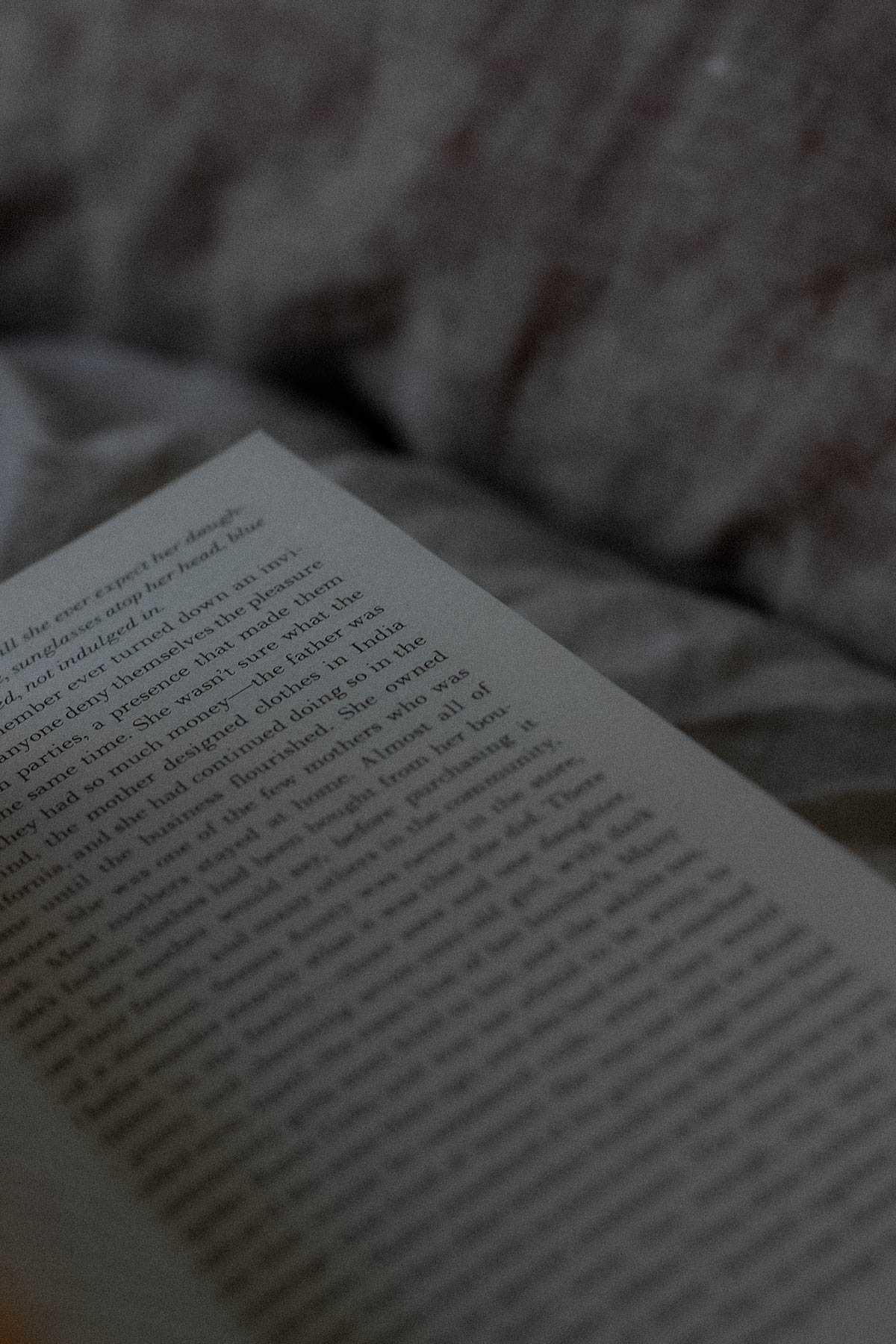
2020 could have been THE Year of reading. After all, for much of the year locked into our homes, books were one of the few things that could provide at least some kind of escapism.
I, personally, have read more books than ever before, finished my most ambitious book challenge so far (70 books – here’s the full list), and discovered many awesome new authors.
And yet, I cannot say this was a reading joy ride – more like a rollercoaster.
There were months when I was reading 2-3 books a week, and there were days and weeks when I struggled with finishing even a couple of pages. I couldn’t focus at all but I kept pushing, because I felt bad about wasting those long days on bad TV shows and silly games on my phone. Eventually, I learned to let go and just give in to whatever made me feel better at the moment – and this loosening helped me get my reading mojo back as well. Now, I’m more motivated than ever to make the new year my best reading year yet.
Before sharing my favorite 12 books I’ve read in 2020, here are my reading intentions for 2021:
- Read 75 books – I still think a number-based goal can be a useful motivating tool, but it’s important not to turn it into an anxiety-inducing sprint just to reach that final number.
- Diversify my reading list – I’ve become a bit better at venturing out of my reading comfort zone (which is usually contemporary British/American novels, and social & political nonfiction) in the last few years, but I wanna make more of an effort to discover and read other authors and genres. As for more concrete goals, I’d like to:
- Read more Asian and Latinx authors
- Read a couple of classics I missed in high school
- Read some poems
- Listen to an audiobook, which I’ve never done before
- Read a graphic novel
- Read a fantasy novel
- Read more Hungarian books – I rarely read Hungarian authors and this is something I’m not proud of, so I’m gonna try to change that this year.
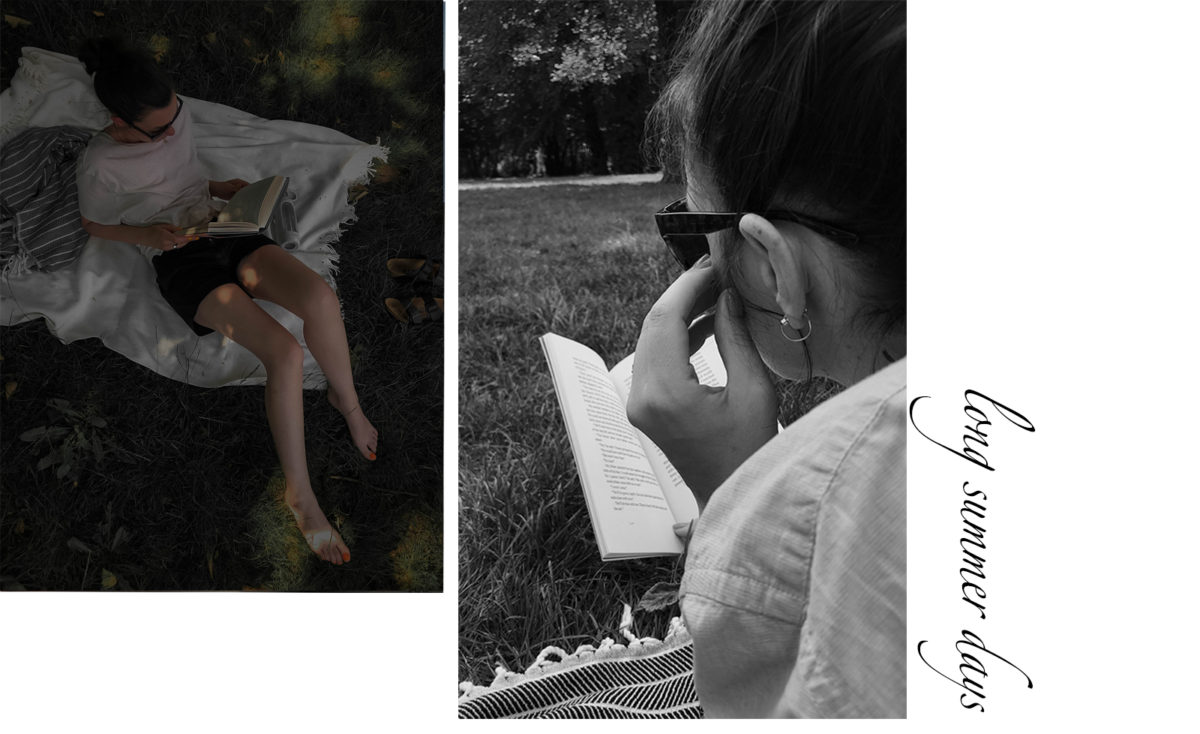
My 12 favorite books of 2020
Station Eleven by Emily St. John Mandel
It may seem weird (crazy? masochistic?) to want to read about fictional pandemics in the midst of a very real one, but surprisingly, the popularity of post-apocalyptic and pandemic literature has been growing rapidly since the start of the Covid-outbreak. I resisted this trend until December, but after I finished The Glass Hotel (which didn’t make this list, but is a really good book) and researched the author, I came across so many praising reviews of her pandemic novel Station Eleven that I gave in. And I’m so glad I did. It took me a couple of chapters to really get into the novel, but after that, I couldn’t put it down and it stayed with me for a long time after I finished.
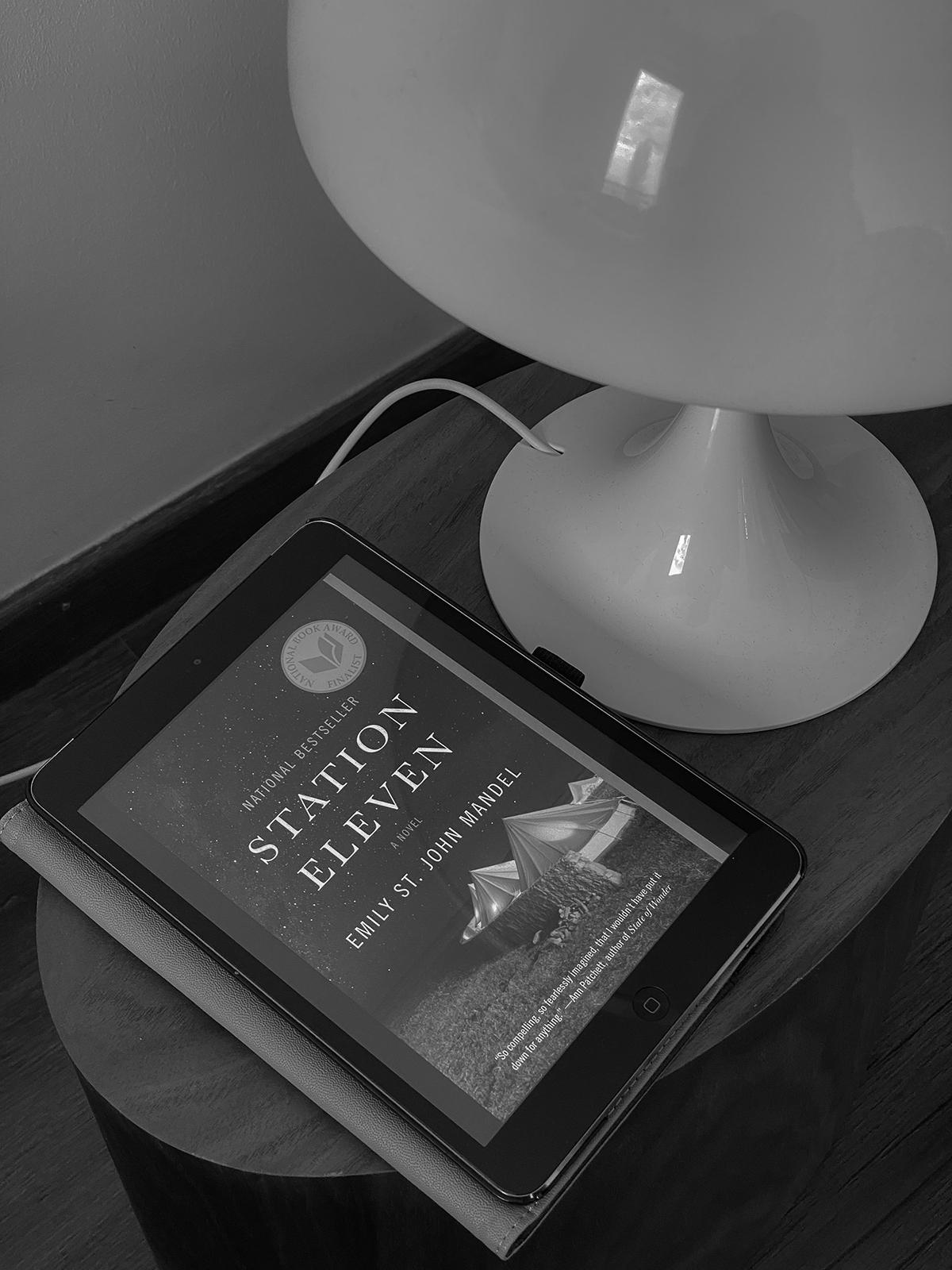
Though a deadly virus provides the background for the novel, do not expect a Mad Max-like survival saga. In fact, the novel timeline jumps between the characters’ stories leading up to and 20 years after the outbreak. It’s a thoughtfully written book about human connections, the fragile beauty of our civilization, and the importance of personal choices in creating a life that truly matters.
Why We’re Polarized by Ezra Klein
Aka the book that I couldn’t stop talking about to friends, family, and anyone who’d listen. It’s written by journalist and co-founder of Vox, Ezra Klein who shows how American politics became more and more polarized in the last few decades and why the question of identity is at the center of this polarization. Even though the book is largely focused on US politics, the reason why it resonated with me so much is that I see the same dangerous trends and the same destructive effects of polarization in my own country and all over Europe as well.
The book discusses, among other things how our political and social identities merged, why politics is no longer really about policy differences but the clashing of identities and complex belief systems, why people don’t believe facts if those contradict their beliefs, and why some conservative parties are increasingly turning toward more extreme rhetoric and politics. It was a really eye-opening book that got me thinking about the best ways of debating and dealing with people who have fundamentally different political views than me.
Let’s Discuss Diabetes with Owls by David Sedaris
David Sedaris was definitely one of my favorite lockdown companions – altogether I’ve read 4 of his books in 2020. Whenever I was feeling a little down or needed a lighter book, I turned to him. Usually, I think it’s quite difficult to be really funny in writing – the author must be a true master of words and associations as they cannot rely on the added comic value of gestures, grimaces, or timing. And while not all of his essays are equally strong, Sedaris has real comic talent. His humor is smart, self-deprecating, honest, eccentric, sometimes dark, and always come with a healthy dose of irony. (Also, I think his books must be read in English, I really don’t see how some of the nuances in his writing can successfully be translated into other languages.) My favorite Sedaris book was Let’s Discuss Diabetes with Owls, followed by Me Talk Pretty One Day, Calypso, and Dress Your Family in Corduroy and Denim.
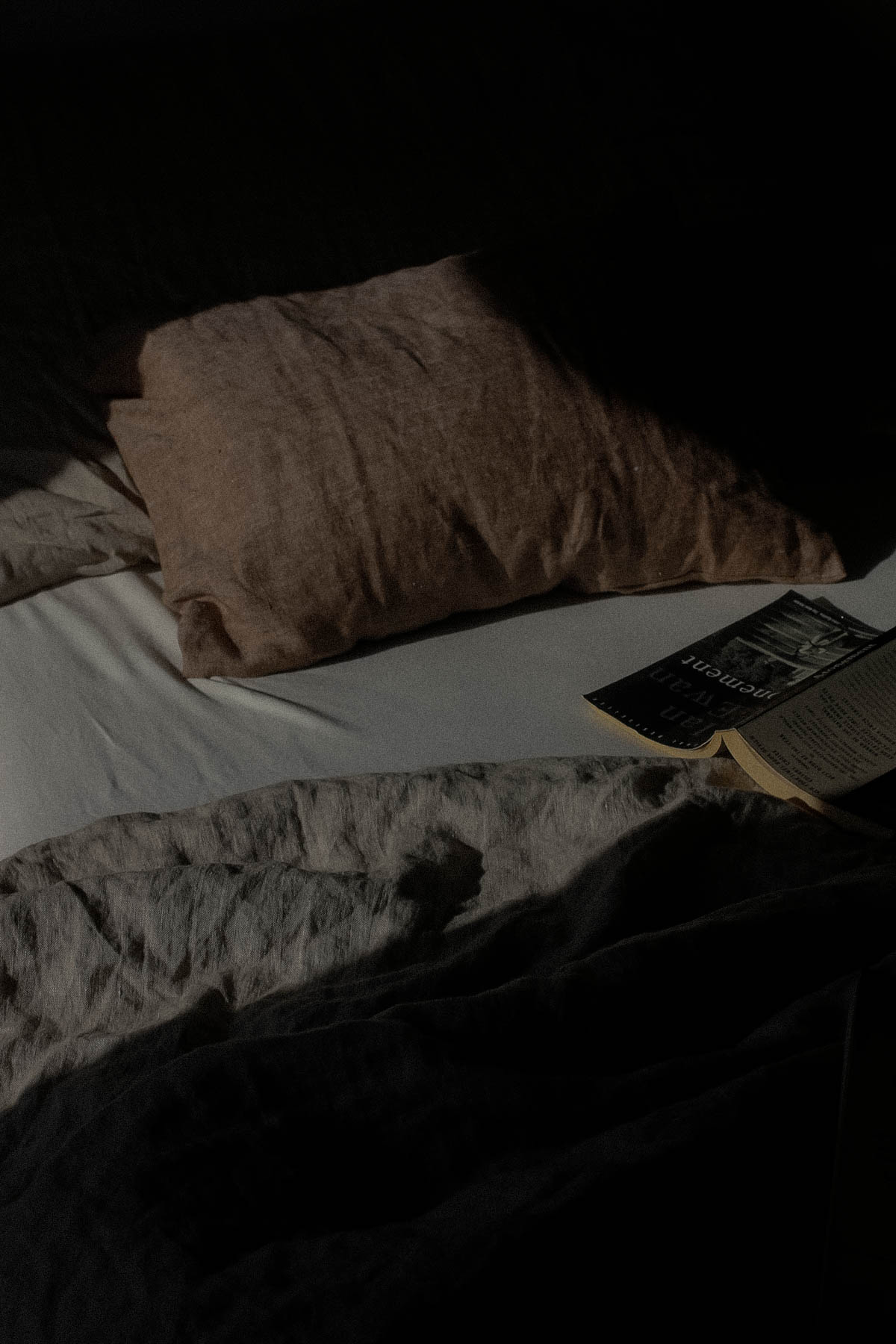
Ethics in the Real World by Peter Singer
This was a fascinating collection of short (like 2-3 pages long) essays that discuss real-world ethics questions that are either relevant today or will be in the very near future. Just to give you a few examples of the topics/questions:
– If biochemical differences are the reason why some people behave ethically and some not, can we develop a morality pill and if yes, should we give them to people or does that go against the concept of free will?
– Is there an ethical way of eating animal products?
– If genetic screening becomes available, what will happen to those people who cannot afford to shop at the “genetic supermarket”?
– Should people be allowed to sell their kidneys?
– Is charity a moral obligation?
– Should we make voting compulsory?
– If we develop a robot with true consciousness, should it have rights as well?
Singer doesn’t really discuss the issues in depth, but asks a lot of interesting, sometimes even provocative questions that will make you think a lot about both “big issues” and everyday ethics problems.
American Dirt by Jeanine Cummins
I didn’t actually read this on the beach, but this could be the perfect book to take on holiday – it’s fast-paced, thrilling, and enjoyable. It’s about a Mexican woman who has to flee her home because of a tragic incident with the drug cartels, so and her son join other illegal immigrants in trying to escape to safety in the United States. It’s not necessarily a deep, complex retelling of the migrant experience, but it definitely provides enough background and details to make you think about what those people have to go through.
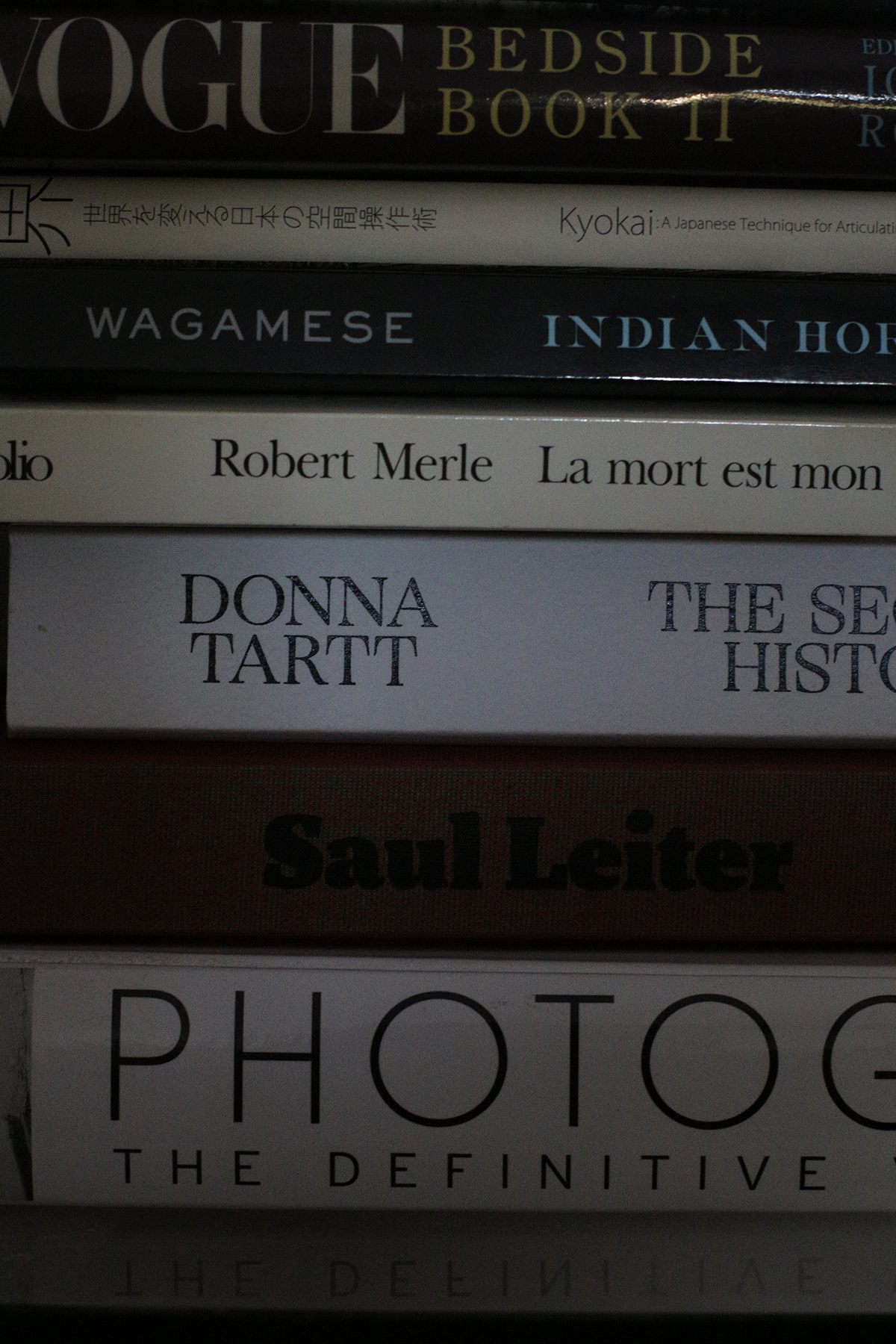
The Hate U Give by Angie Thomas
I don’t usually read YA fiction, but read this one in pretty much one sitting. It’s a novel about a 16-year-old girl, Starr who grapples with racism, police brutality, and activism after a police officer shoots and kills her black teenage friend. This was not the most eloquently written book I’ve read this year, but still, it was exactly the youthful style and the teenager viewpoint that made this book so gripping and powerful for me.
The Vanishing Half by Brit Bennett
According to LitHub, this was the book that made the most “best of 2020” lists in the literary world and yes, the hype is real. It’s the story of twin sisters whose lives diverged greatly at one point – one of them secretly passed for white and lives in a white, affluent neighborhood while her family and neighbors know nothing about her real identity (this is in the 1950s-60s) and the other returns to her small, rural hometown with her Black daughter and tries to rebuild her life there.
Brit Bennett is a master of writing complex human, often multigenerational stories and intricate plot lines (her other book, The Mothers is a really good one as well). Really enjoyed this one.
Little By Edward Carey
I got this book from my Mom who knows what kind of books I usually read and deliberately chooses books for me that she knows are different and I would not come across by myself. And it’s great because it pushes me out of my comfort zone and introduces me to new authors, topics, and styles. Little is a (very much) fictionalized story of the life of Madame Tussaud – and it’s weird, surreal, funny, sad, and wonderful at the same time. As one review I came across put it aptly: “so canny and weird and surfeited with the reality of human capacity and ingenuity that I am stymied for comparison. Dickens and David Lynch? Defoe meets Margaret Atwood? Judge for yourself.”
Minor Feelings by Cathy Park Hong
Another book that had a great impact on me – both emotionally and intellectually. Asian American identity questions stand at the center of this book, which is part memoir, part history lesson, and part social and cultural criticism.
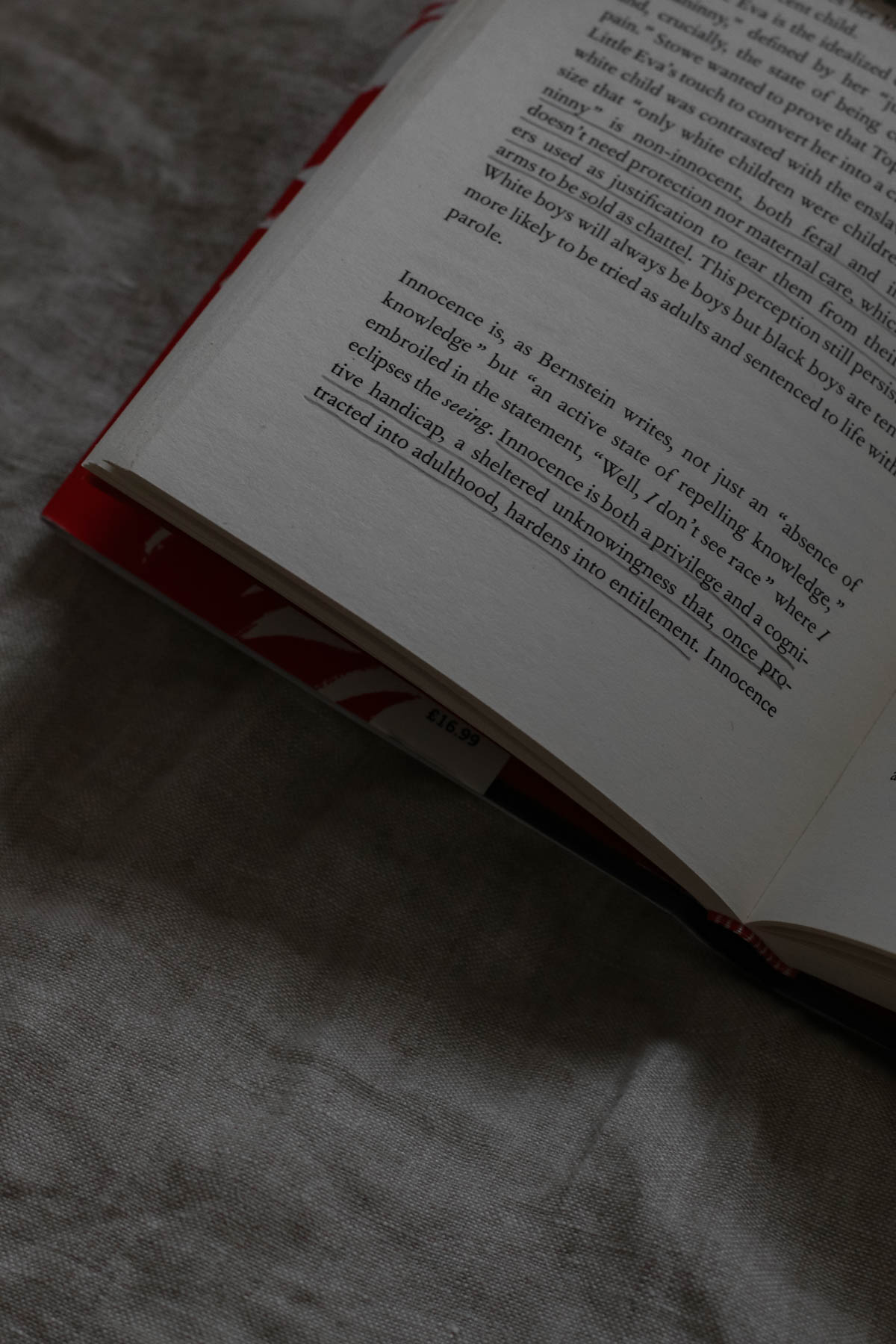
Sing, Unburied, Sing by Jesmyn Ward
Besides Brit Bennett, Jesmyn Ward has been my other favorite newly discovered author in 2020. In this book, she takes us on a haunted road trip with a Black family in the deep South and draws us in their multi-generational trauma. It’s a moving family story and a portrait of past and present racial injustices in the American South coupled with beautiful writing and a unique Southern Gothic atmosphere.
The New Jim Crow by Michelle Alexander
This book was almost always featured among the top three recommendations on most anti-racism reading lists that were so widely shared last year. I definitely agree with that ranking and would go as far as putting that on the number 1 spot as it was the single most important book I’ve read that showcased how systemic racism worked in practice. This is definitely an obligatory read for everyone who’s living in the US and a highly recommended read for everyone else who would like to learn some hard truth about the close connection between the criminalization of drugs, mass incarceration, and systemic racism.
Culture Warlords by Talia Lavin
This was equally fascinating and terrifying. It was written by a journalist who went undercover in some of the most hateful white supremacist groups on the Internet. She infiltrates incel groups, white-only dating sites, extremist networks, and even a racist YouTube community led by a 14-year-old girl. Her storytelling is engaging and she manages to end on an optimistic note, even after spending months surrounded by the darkest hate.
Your turn: what was your favorite book in 2020?

